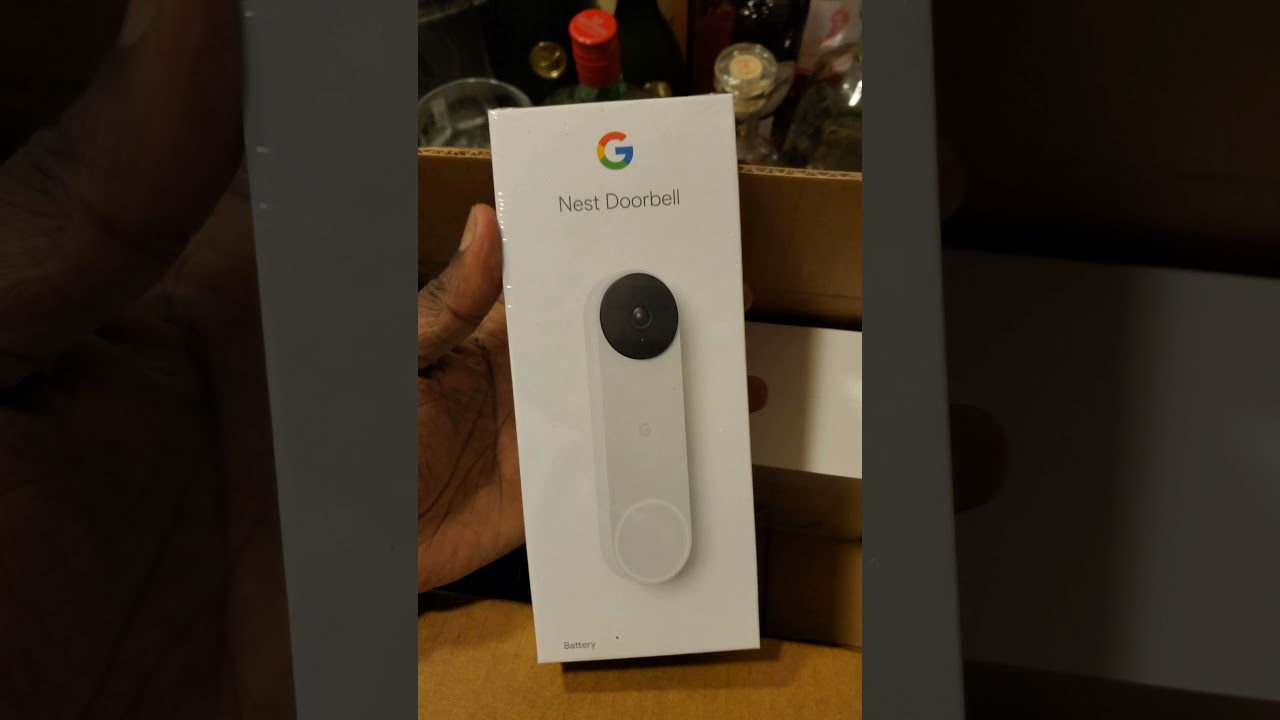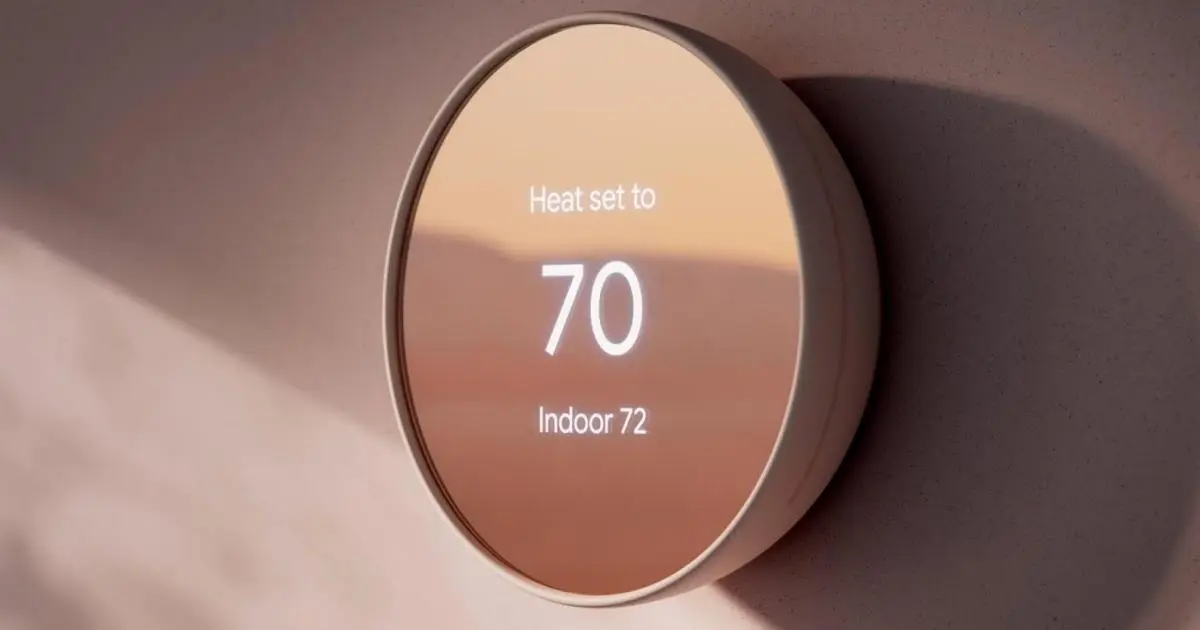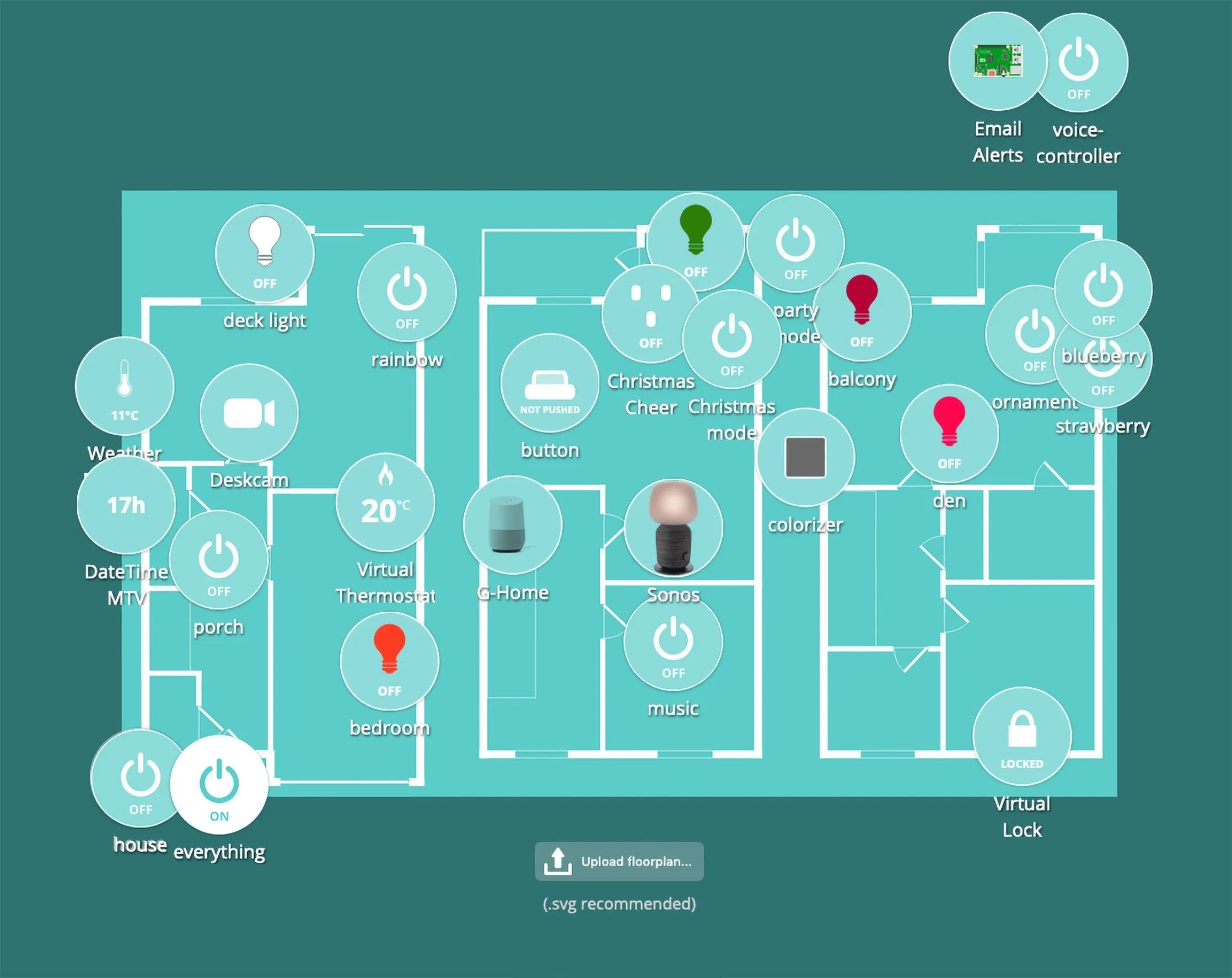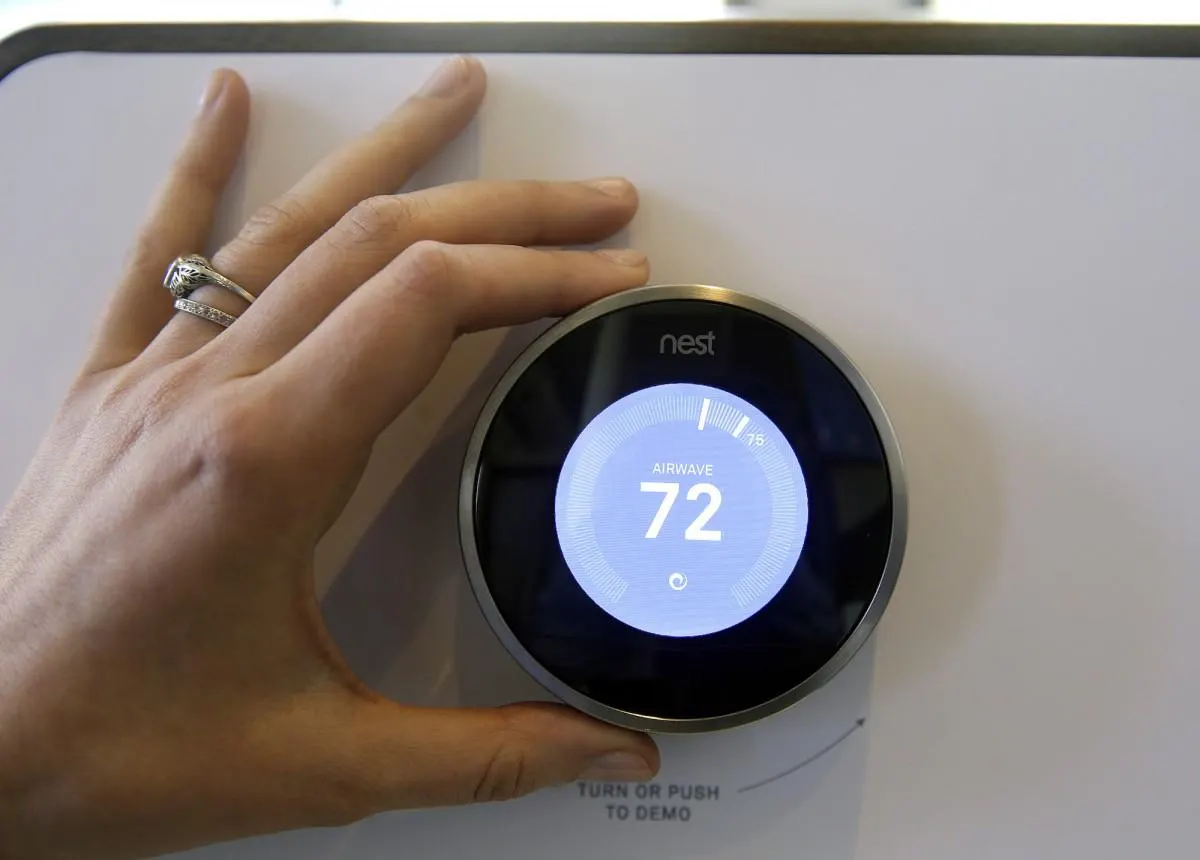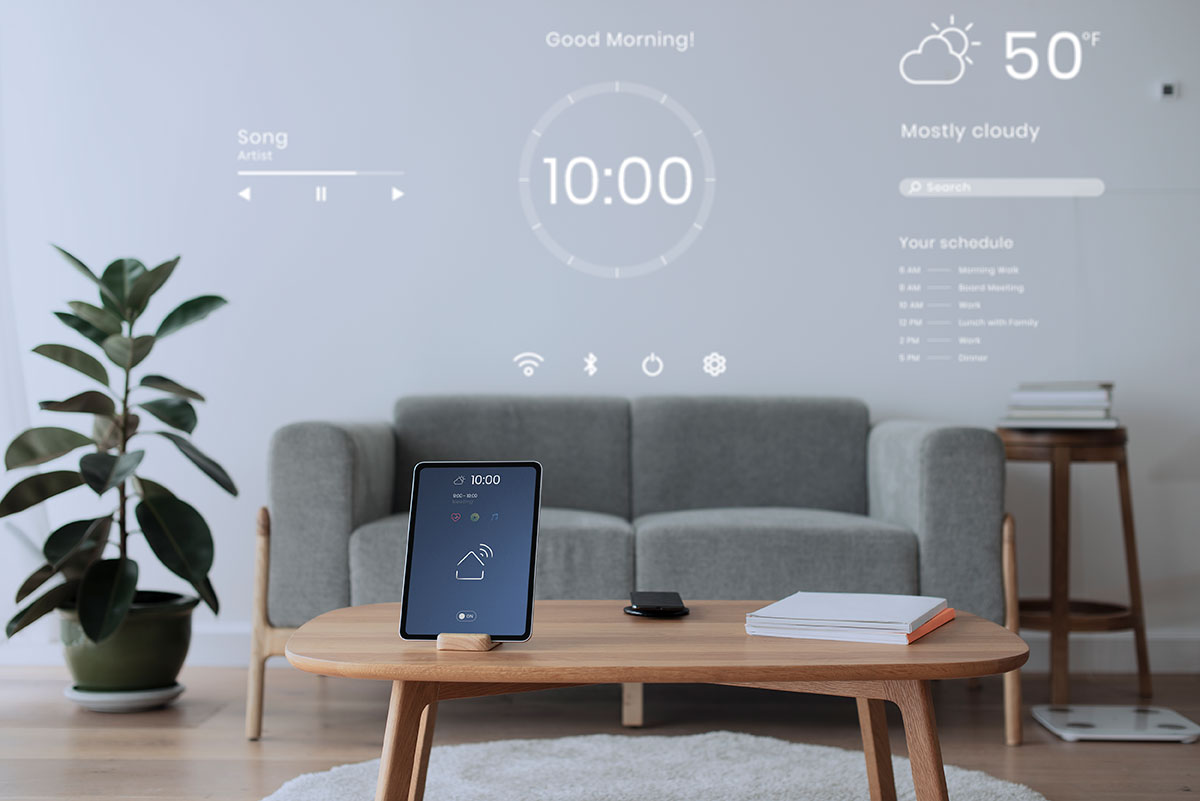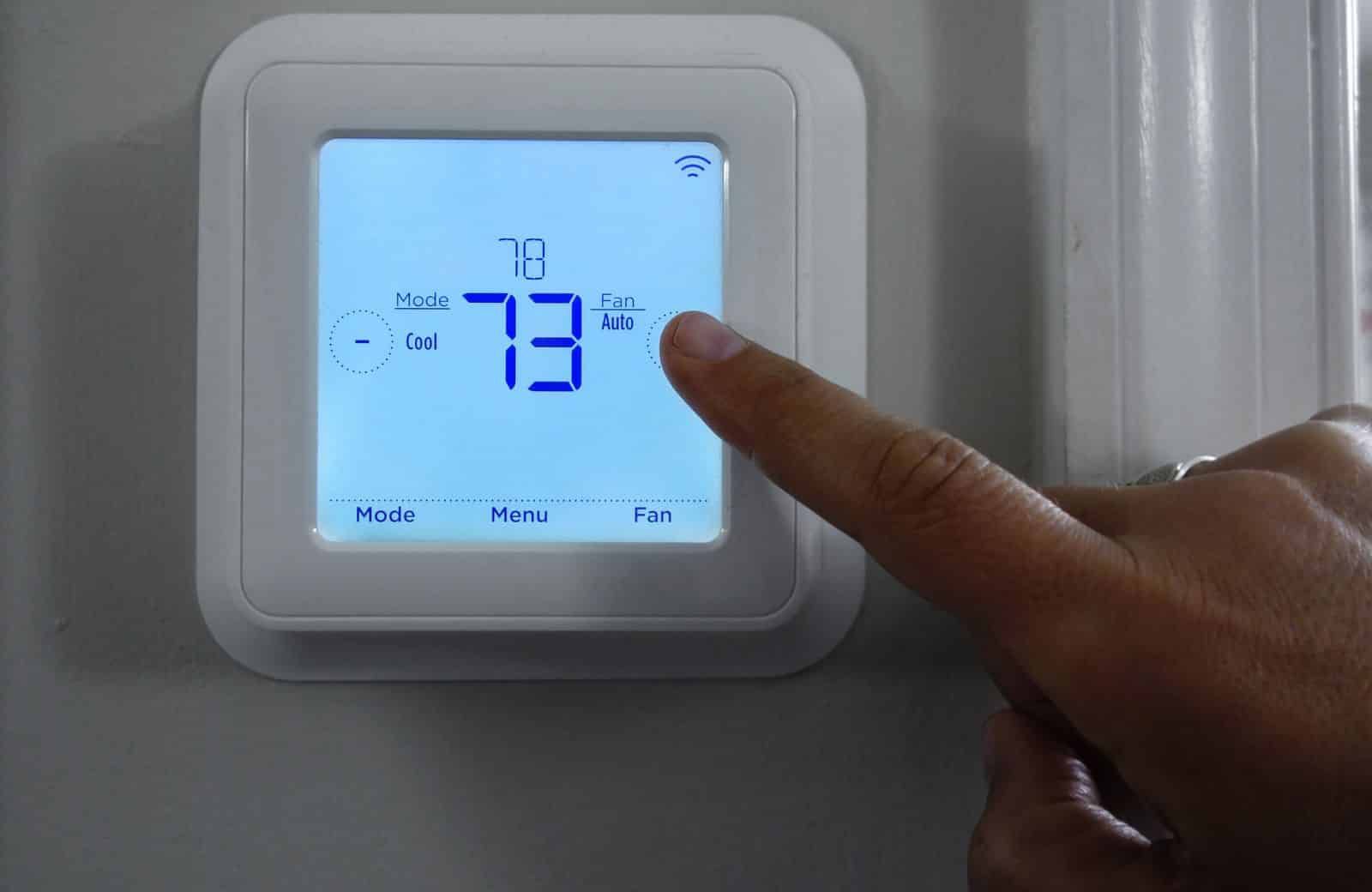Energy Efficiency
One of the significant benefits of having a smart home is improved energy efficiency. With the advancement of technology, smart homes offer energy-saving features that can help reduce consumption and lower utility bills.
Smart thermostats are one of the key components of energy efficiency in a smart home. These devices learn your temperature preferences and adjust the heating and cooling settings accordingly. They can also be controlled remotely, allowing you to monitor and adjust the temperature from anywhere. This means you can optimize energy usage by reducing energy waste when no one is home or adjusting the temperature based on the weather conditions.
Smart lighting systems are another feature that enhances energy efficiency. These systems use LED bulbs which consume less energy compared to traditional incandescent bulbs. Additionally, smart lighting allows you to schedule and automate lighting based on your daily routine or occupancy. You can also adjust the brightness and color temperature to create a comfortable and energy-efficient ambiance in your home.
Smart appliances and devices also contribute to energy efficiency. For example, smart refrigerators use sensors to optimize cooling settings and reduce energy consumption. Smart power strips and plugs allow you to control and monitor the energy usage of connected devices, ensuring they are not left on unnecessarily and minimizing standby power.
Furthermore, some smart home systems incorporate energy monitoring capabilities, giving you detailed insights into your energy consumption patterns. By analyzing this data, you can identify areas of improvement and make adjustments to further optimize your energy usage.
Overall, the integration of smart technologies in a home allows for better energy management and reduction in wastage. By adopting energy-efficient practices in a smart home, homeowners can contribute to conservation efforts and enjoy the benefits of lower energy costs.
Convenience and Comfort
Another significant benefit of having a smart home is the convenience and comfort it brings to homeowners. Smart home technology is designed to simplify daily routines, provide greater control, and enhance overall comfort.
One of the key features that contribute to convenience is voice control. With smart assistants like Amazon Alexa or Google Assistant, you can control various aspects of your home, such as adjusting the lighting, playing music, or even ordering groceries, all with simple voice commands. This hands-free control saves time and effort and allows for a seamless integration of technology into your daily life.
Automated routines and schedules are another aspect of convenience in a smart home. You can set up routines to automate repetitive tasks or create custom schedules for different devices. For instance, you can schedule your coffee maker to start brewing at a specific time in the morning or have the lights dimmed automatically at night when it’s time to wind down.
Smart home systems also give you the flexibility to control your home remotely. Whether you’re at work, on vacation, or simply in another room, you can use your smartphone or tablet to monitor and control various functions of your home. From adjusting the thermostat to checking security camera feeds or even unlocking the door for a visitor, smart home technology offers unparalleled convenience and peace of mind.
Enhanced comfort is another aspect that smart homes provide. Smart thermostats, mentioned earlier in the energy efficiency section, not only save energy but also help maintain a comfortable temperature throughout the day. You can easily set different temperature zones for different areas of your home according to personal preferences and optimize comfort levels.
In addition to temperature control, smart home technology also allows you to control other comfort-related factors. You can adjust lighting levels, open and close motorized blinds or curtains, play your favorite music in different rooms, and even create personalized scenes for specific moods or activities.
Overall, the convenience and comfort offered by smart home technology revolutionize the way homeowners interact with their living spaces. It streamlines tasks, provides remote accessibility, and enhances comfort levels, ultimately enhancing the overall quality of life.
Enhanced Security
One of the most compelling reasons to invest in a smart home is the enhanced security it provides. Smart home security systems offer advanced features that go beyond traditional security measures, allowing homeowners to protect their property and loved ones more effectively.
One key component of smart home security is the integration of security cameras. These cameras provide real-time monitoring of your property, both indoors and outdoors. With features like motion detection and night vision, they can alert you to any suspicious activity and allow you to view live or recorded footage from anywhere using your smartphone or tablet.
Smart home security systems also include doorbell cameras, which provide a visual and audio feed of anyone at your front door. This allows you to see and communicate with visitors, even when you are not at home. Some doorbell cameras also have built-in motion sensors that can alert you to package deliveries or unwanted visitors.
Furthermore, smart locks offer enhanced security and convenience. With these locks, you can unlock or lock your doors remotely using your smartphone. You can also create virtual keys for family members or service providers, allowing them access to your home when needed. Additionally, some smart locks can send alerts when someone tries to tamper with your door or enters an incorrect access code.
Another aspect of enhanced security in a smart home is the integration of a comprehensive security system. This can include sensors on windows and doors, motion sensors, and even glass break detectors. When triggered, these sensors can immediately alert you and, if connected to a professional monitoring service, notify authorities for a prompt response.
In addition to the physical security aspects, smart home technology also allows for greater peace of mind through features like remote monitoring. You can check on your home’s security status and receive alerts in case of any unexpected events, such as a water leak or a smoke alarm going off.
In summary, the enhanced security features offered by smart homes provide homeowners with a greater sense of protection and control over their property. The integration of security cameras, smart locks, and comprehensive security systems offer peace of mind and enable proactive measures to deter and address potential threats.
Remote Monitoring and Control
One of the major advantages of having a smart home is the ability to remotely monitor and control various aspects of your home. With the use of smartphones or other internet-connected devices, homeowners can have peace of mind and stay connected to their home no matter where they are.
One key feature of remote monitoring is the ability to view live feeds from security cameras. Whether you’re at work, on vacation, or simply away from home, you can access your security camera footage in real-time. This allows you to keep an eye on your property, check for any unusual activity, or even monitor the well-being of your pets.
In addition to security cameras, smart home systems also offer remote access to other devices and appliances. For example, you can remotely control your thermostat to adjust the temperature before you arrive home. You can turn on/off lights, appliances, and even your sprinkler system from anywhere.
Remote monitoring and control are particularly useful when it comes to home automation. You can set up schedules and routines for various devices, allowing you to automate tasks and create a more efficient home environment. For instance, you can schedule your lights to turn on and off at specific times to give the appearance of someone being home, enhancing security when you’re away.
Moreover, remote monitoring and control extend to home energy management. With smart energy monitoring systems, you can track and analyze your energy usage, receive alerts for unusual spikes, and even remotely control energy-consuming devices. This allows you to make informed decisions about energy consumption and take action to reduce waste.
Overall, the ability to remotely monitor and control devices and systems in a smart home offers homeowners convenience, efficiency, and peace of mind. Whether it’s checking security cameras, adjusting settings, or managing energy usage, remote access ensures that you can always stay connected and in control of your home from wherever you are.
Cost Savings
One of the significant benefits of having a smart home is the potential for cost savings. Smart home technology offers various features and functionalities that can help homeowners reduce their expenses in several ways.
Energy efficiency, as discussed earlier, plays a crucial role in cost savings. By using smart thermostats, efficient lighting systems, and energy monitoring tools, homeowners can have better control over their energy consumption. This leads to reduced energy bills and long-term savings on utility costs.
Smart home systems also enable homeowners to optimize water usage. Smart irrigation systems can adjust watering schedules based on weather conditions and soil moisture levels, avoiding unnecessary water waste. This helps to lower water bills and promote water conservation.
Furthermore, smart home security systems can contribute to cost savings on homeowners’ insurance. Insurance companies often provide discounts for homes equipped with security features such as surveillance cameras, alarm systems, and smart locks. By investing in a smart home security system, homeowners can potentially reduce their insurance premiums.
Smart home automation can also lead to cost savings. By automating tasks, such as turning off lights or adjusting temperature settings when no one is home, you can reduce energy usage and save money. Additionally, automated routines can help avoid unnecessary expenses, such as leaving appliances or devices turned on for extended periods.
Another area where smart home technology can translate into cost savings is in maintenance and repairs. Many smart home systems have built-in diagnostic capabilities that can detect issues with appliances or systems before they become major problems. This early detection allows homeowners to address issues promptly, saving them from costly repairs and potential damage.
Additionally, remote monitoring of home systems can help identify inefficiencies or malfunctions, enabling homeowners to take corrective actions without the need for expensive service calls. By regularly monitoring and maintaining your smart home devices, you can extend their lifespan and avoid unnecessary replacement costs.
Overall, the cost savings associated with a smart home go beyond just lower energy bills. From water conservation to insurance discounts and reduced maintenance costs, embracing smart home technology can lead to significant financial savings in the long run.









